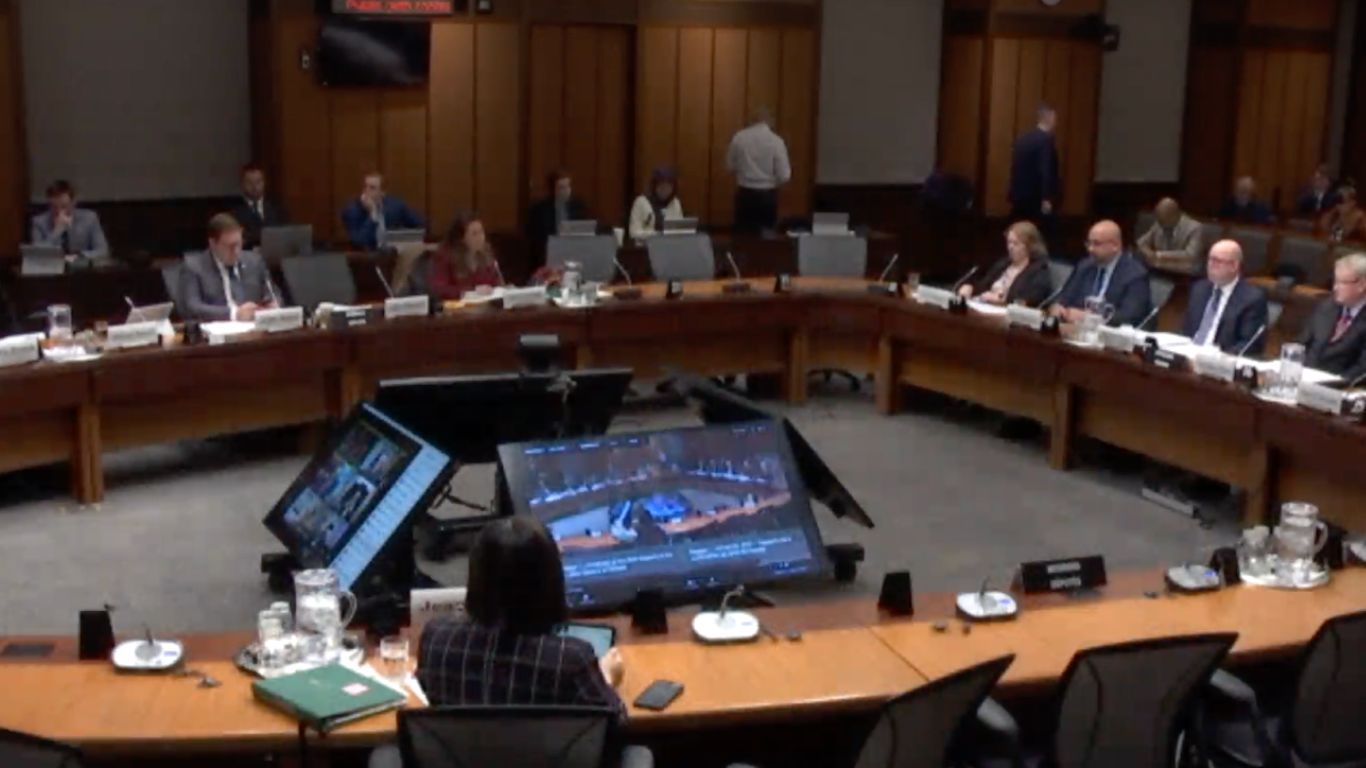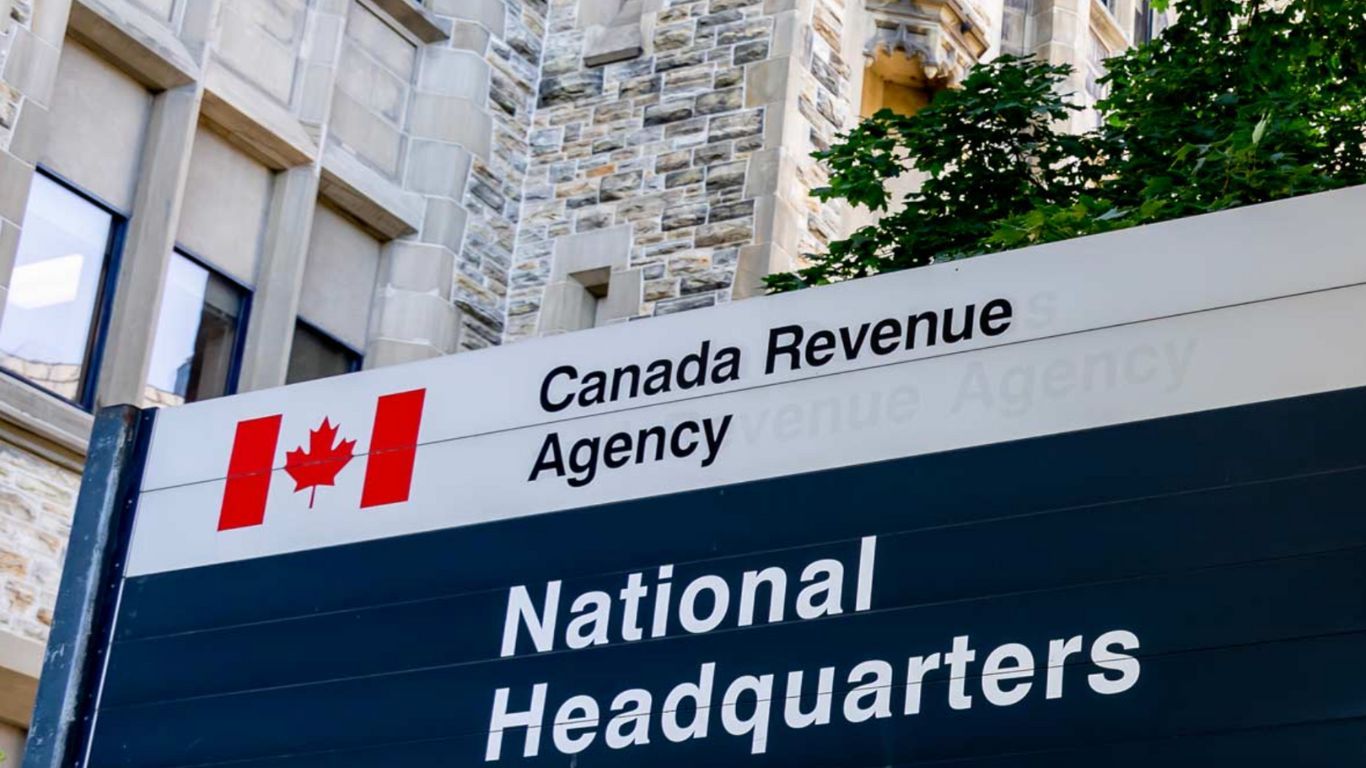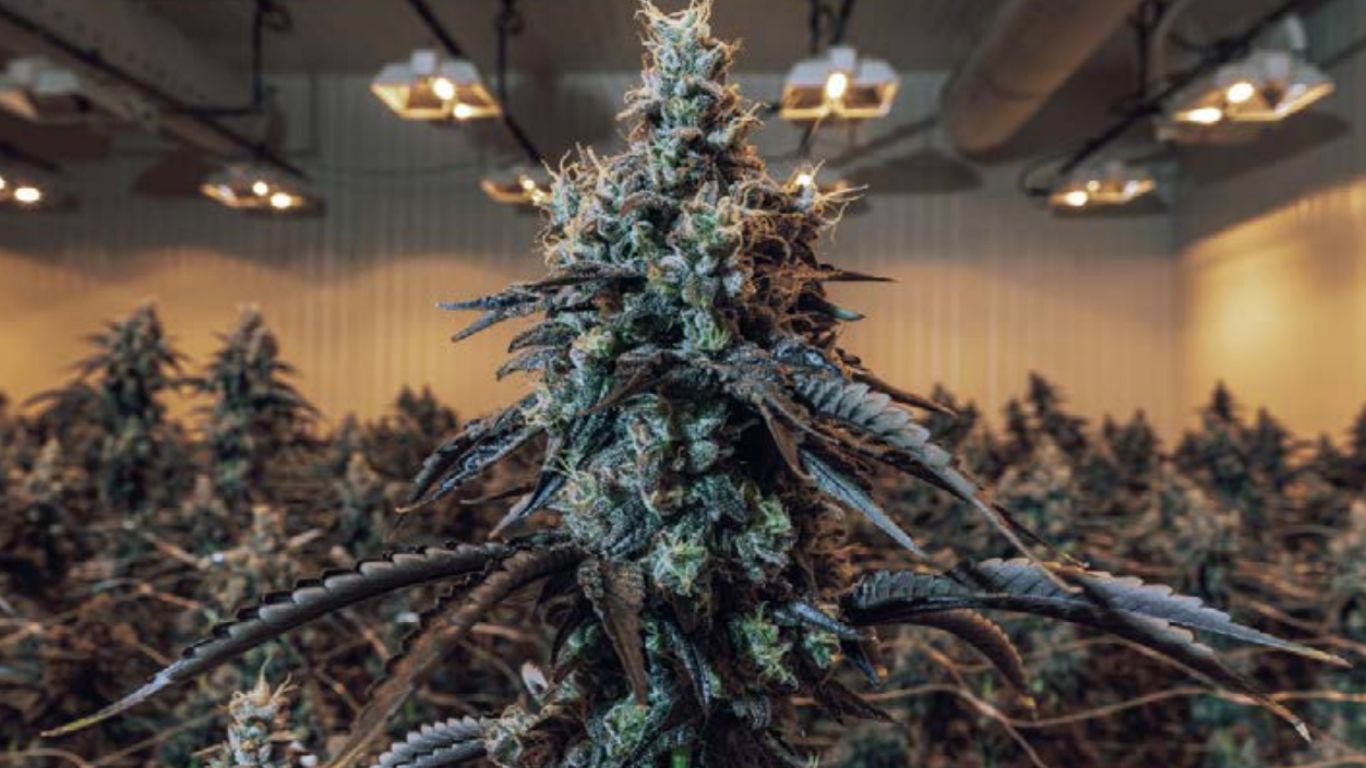
Alberta cannabis producers say the new added markup to cannabis sold in Alberta will hit producers, already struggling to stay afloat, hard.
The Alberta government began adding a 6% markup to all cannabis sold in the province as of February 4. The province also announced it would no longer be charging the 2% Public Education Fund Fee (PEFF) on gross shipment amounts, bringing the total increase to 4%.
The provincial regulator also says that the markup will be offset by falling cannabis prices, arguing that cannabis prices have fallen over 40% since the beginning of legalization in October 2018, and an expectation of them continuing to fall another 10-15% in the coming years.
According to a letter AGLC sent to cannabis producers, retailers and other related stakeholders, the change in policy is a reflection of the current maturity of the legal market in Alberta more than three years in.
Although the 4% increase might sound small, producers selling into Alberta say every added cost cuts into their already small bottom line, making it difficult to operate at a profit while also putting out cannabis products that can compete with the illicit market.
“We’re already having a tough time keeping the lights on, says Kieley Beaudry, CEO of Parkland Flower, an Alberta-based micro producer and president of the Alberta Cannabis Micro Licence Association. “All producers, not just micros. And yet with covid what we are seeing is prices of shipping have gone up, packaging, all these have increased in price, yet our price is going down.”
The added 4% overall increase, says Beaudry, is already on top of one of Canada’s highest cannabis duty rates at 16.8% (only Nunavut is higher, at 19.3%). There is also the additional federal excise tax of $1 per gram or 10% for dried flower, 75% of which goes to the province.
In addition, although the province justifies this added fee because of the overall drop in cannabis prices in the past three years, Beaudry points out this actually means producers are bringing in even less revenue.
“So they’re already taxing us extensively, and now they want to add four percent more to that. And we have to eat that cost.”
Lower prices will mean this might not hurt the consumer much, she explains, but it means growers like herself and others will have even more taken out of their bottom line.
Travis Mcintyre, the president of Stigma Grow—another Alberta-based cannabis producer— agrees that this will hit producers like himself hard, and says it will make it even harder to compete with the illicit market.
“Now we have to figure out who is going to pay this extra six percent. Is it the retailer, the customer, is it the LP,” asks Mcintyre.
“One way or the other, it’s going to directly affect our bottom line, whether it’s a decrease in sales volumes because the customer doesn’t want to pay the extra tax, or it’s a decrease in the bottom line from us eating the extra tax,” says Mcintyre. “And with our tight margins, trying to compete with the illicit market, it makes it quite difficult”.
“We personally strive to be very competitive with the illicit market and try to keep (costs) as close to or as near as possible so that we can bring the illicit customers over to the legal market. So it makes it difficult the more we get taxed, to break down that barrier.”
Many cannabis producers have been expressing frustration with the high rate of taxation of cannabis flower, calculated at either $1 per gram or 10%, whichever is higher. One-quarter of this goes to the federal government, while three-quarters go to the provinces (all provinces except Manitoba signed an agreement with the federal government on cannabis tax revenue sharing).
As the average price of dried cannabis flower in Canada continues to drop, wholesale prices into provincial markets can range from around $5-8 a gram, meaning producers can be paying as much as 20-25% or more in their sales to excise taxes.
The Canada Revenue Agency assessed nearly 350 million in excise tax revenue from cannabis sales in the first two years of legalization.












